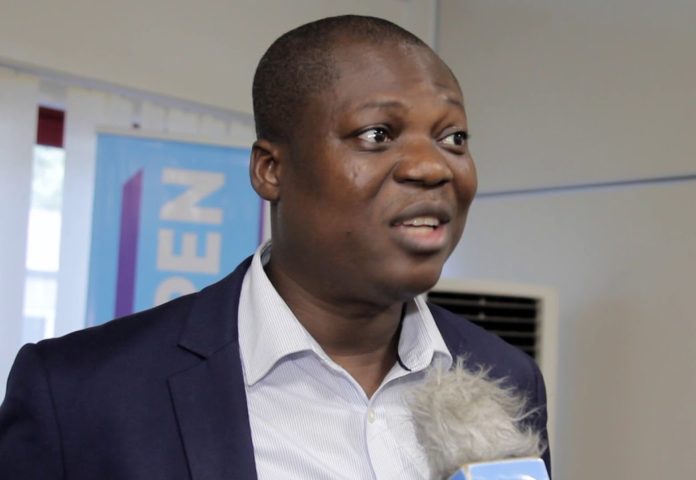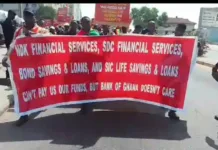
Professor John Gatsi, Head of Finance at the University of Cape Coast on Monday painted a worryingly grim picture for rural participation in Ghana’s economy following the revocation of the licenses of some 347 microfinance firms in the country.
The Central Bank last month withdrew the licenses of 347 microfinance companies in the country to get rid of insolvent and dormant institutions without reasonable prospects of rehabilitation, denying depositors access to their deposits, thereby constituting a threat to the stability of the financial system.
A statement issued by Central Bank said these actions were taken pursuant to section 123 (1) of the Banks and Specialised Deposit-Taking Institutions Act, 2016 (Act 930), which requires the BoG to revoke the licences of a bank or Specialised Deposit-taking Institution (SDI), when it determines that the institution is insolvent or is likely to become insolvent within the next 60 days.
Consequently, it appointed Mr Eric Nipah as Receiver for the specified institutions in line with section 123 (2) of Act 930.
Commenting on the development on the Morning Starr on Monday, Professor Gatsi said: “What is happening will affect rural community participation in economic activities.”
“The approach is not principle based.”
He said the time had come for microfinance companies to have a separate regulator other than the Central Bank.
“I can’t imagine how BoG can regulate microfinance companies. The best approach will be to look at a different regulatory institution having oversight over microfinance companies. The approach is not principle-based,” he told Morning Starr host Francis Abban.
Professor Gatsi further questioned claims the Central Bank that there would be no job losses as a result of the revocation of the licensees saying: “I don’t see any solution for the staff who may be affected by this whole situation.”
Dalex Finance’s Director of Operation, Joe Jackson said the Central Bank’s denial of job losses as a result of the shutdown “only showed we have not prepared for those who’ll lose their jobs.”
“Not all the microfinance companies were closed down before the closedown. There would be job losses and we have to accept that,” he told Abban on the Morning Starr on Monday.
Source: Ghana/Starrfm.com.gh/103.5FM




